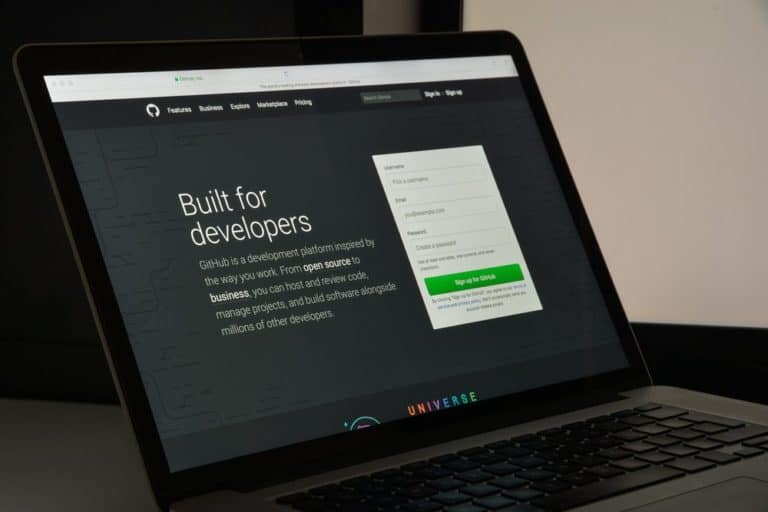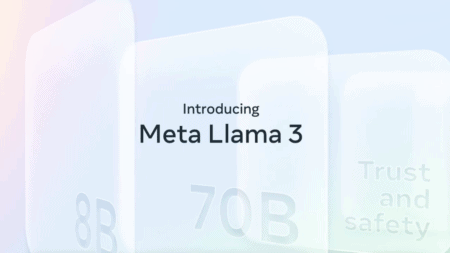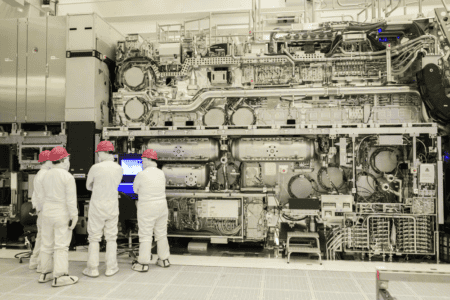GitHub is going to renew the premium version of its platform. The version called Enterprise will get updates for new experiences and streamlined administrative capabilities. That’s what Silicon Angle reports.
GitHub, which was acquired by Microsoft for $7.5 billion last year, announced earlier this month that it would be combining its Enterprise Cloud and Enterprise Server platforms. The new Enterprise 2.16 is the first update for the paid version of the platform since that acquisition.
The new features introduced by the update are designed to help developers save time and simplify team and repository administration. One of the new features is “force pushing” workflows, which should help maintainers of a project to better track what other people working together on the project are doing.
Also new is issue template automation, which allows maintainers to add a standard title, labels and members to a project. In addition, developers should be able to save time because the platform now indicates whether review comments are outdated due to more recent changes in the code.
New tools
Enterprise administrators now get more tools with repository creation permissions. With the update, it is possible to define at instance and at organisation level who has permission to create additional repositories, whether they are public or private.
Admins can also allow users to manage individual or all GitHub Apps in their organisation, based on the wishes and requirements of that individual organisation. As a result, it is no longer necessary to give owner privileges to individual team members in an organisation.
Repositories
When announcing the merge of the paid versions, GitHub also announced that free users can now also use private repositories. A maximum of three people can work together on this. Previously, private repositories were only available to paying users.
This news article was automatically translated from Dutch to give Techzine.eu a head start. All news articles after September 1, 2019 are written in native English and NOT translated. All our background stories are written in native English as well. For more information read our launch article.

















